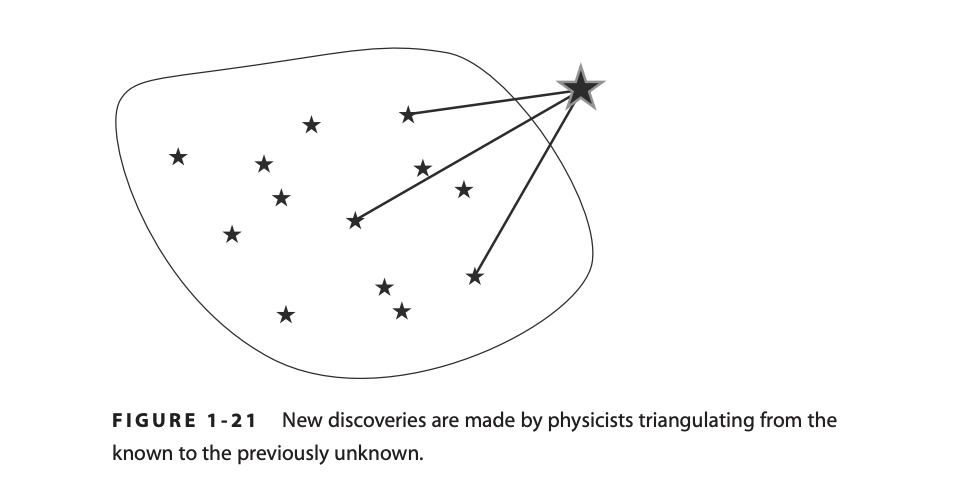I was that student. And the reason is mainly not because I was a bad student, or a bad engineer (a 2:1 degree and 25 years in industry should answer those points). It was because my lecturers were bad teachers. And yes, you too may be a bad teacher right now, without realising it. The difference is that you've seen this student's question as a challenge to improve your teaching, and that's something you should be proud of. What matters for all of us is how we learn to do better.
You're teaching engineers, who are without exception practical people. (Or the good ones anyway. I assume you want your course to produce good engineers.) Remember that they aren't at university to become mathematicians, they're there to become engineers. If you want them to learn a subject which seems of no real value to them, you need to convey the value in doing it. It seems you haven't managed to get this across.
To divert slightly, think of The Karate Kid. How does Mr Miyagi teach Daniel? He gives him apparently pointless exercises to do. Daniel puts up with this for a while, but eventually tells Miyagi to shove it. Miyagi then demonstrates that there was some value to the exercises after all. The thing is though, this isn't the only way to learn, nor actually the way which works for most people. Go into a regular dojo, and you get taught how to block and punch by, well, blocking and punching.
You've got the Miyagi method though. You've given them seemingly pointless exercises to get practise in basic techniques. Now your Daniel has called you on it though. So what's the application for that technique? If it's widely used, what's even one application for it?
For concrete personal examples, we spent ages at university learning about phase lead/lag networks, PID controllers, and so on. What we didn't do was get an actual motor and position sensor, and actually control something. The result for me was that it didn't really stick, and I've had to relearn it all at work when I've had projects which needed it. Practicality and relevance are the keys for engineering.
You mention Laplace. Have you had them do any DSP? It doesn't get more hands-on with Laplace than filters. And that step response? That's what happens when your wheel hits a bump, or someone pops the microphone. Do you get a (Butterworth) ringing or a (Bessel) smooth step? And which do you accept, if the depth of filtering is also important?
There are lots of ways you can go which makes your subject relevant. All you need to do is find them. This may require you to talk to the engineering staff to find how they use these techniques (per @KevinArlin's comments), to give you examples you can hang your lectures on. If it means students they'll be teaching or supervising later have a better grasp of these basic techniques which they'll need, I'd expect them to jump at the chance.


